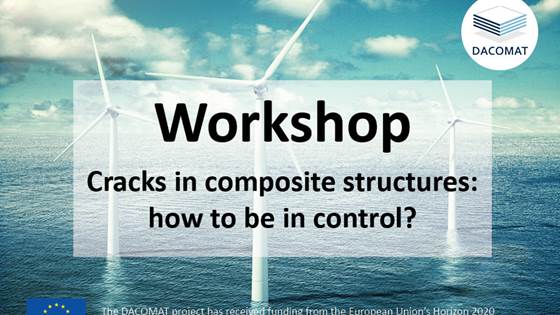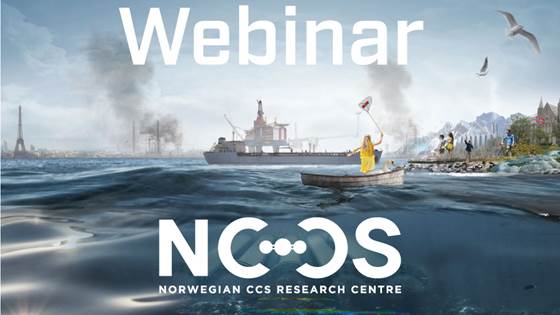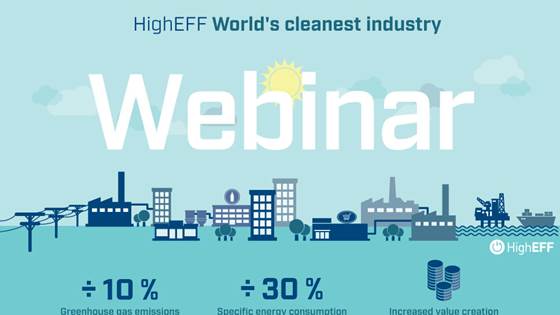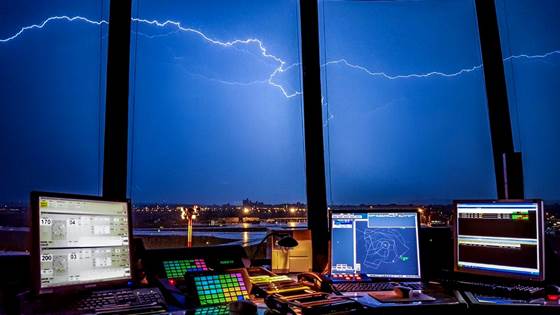
CINELDI webinar: Planning methodology for active distribution grids
How do we plan for building the active distribution grids of tomorrow, enabling electrification and options introduced by new technologies, while accounting for a new level of variabilities and uncertainties? The primary objective of CINELDI's...



